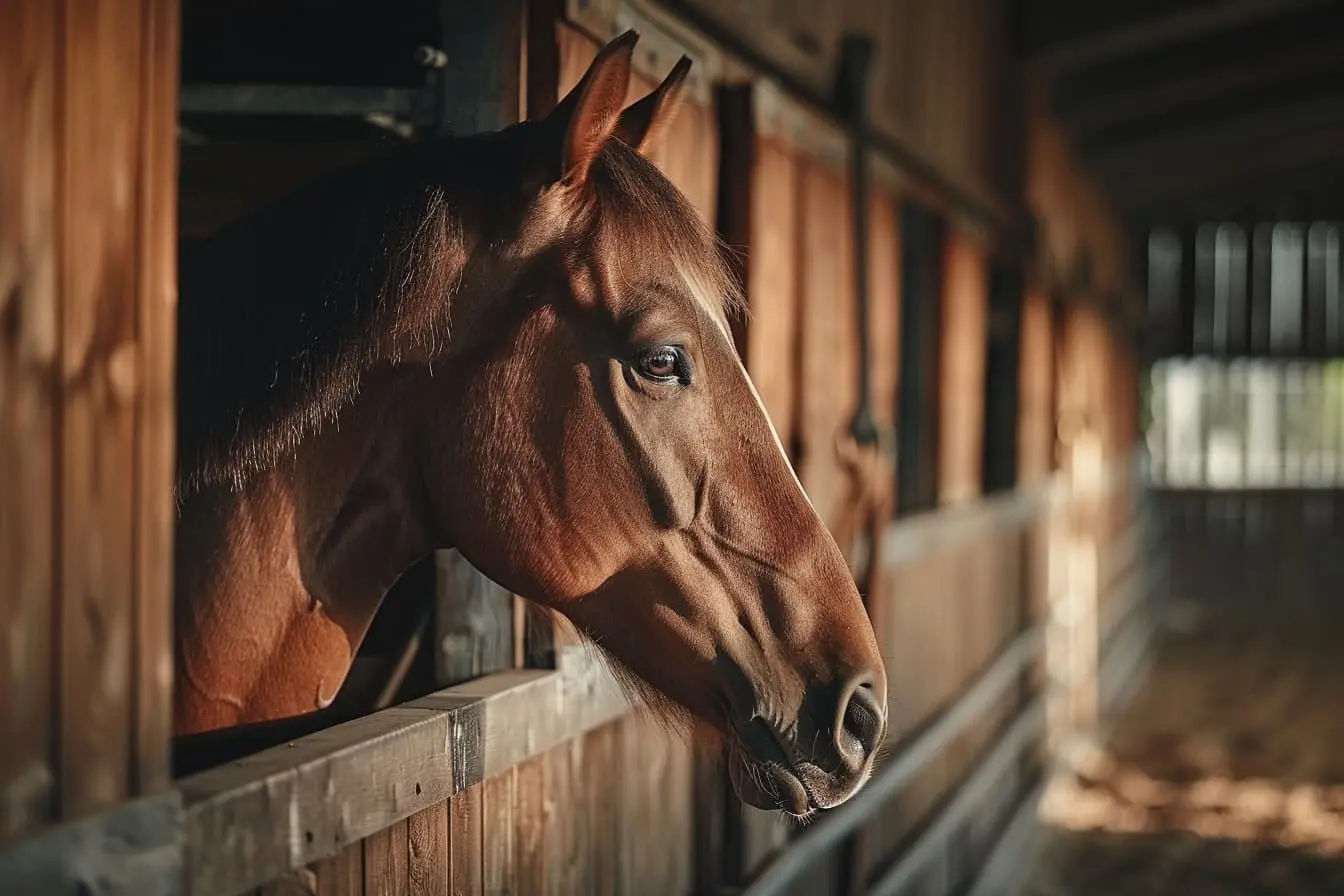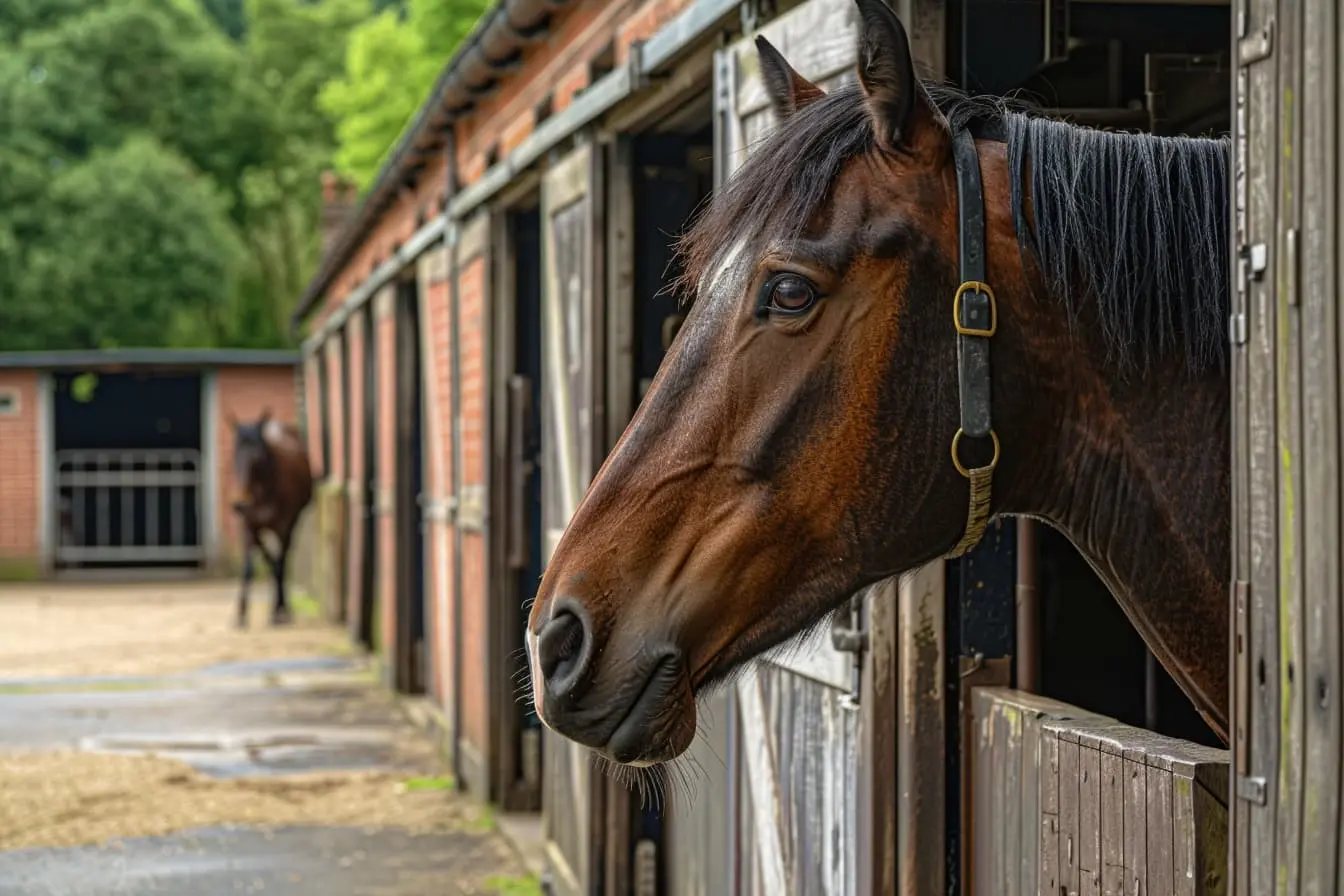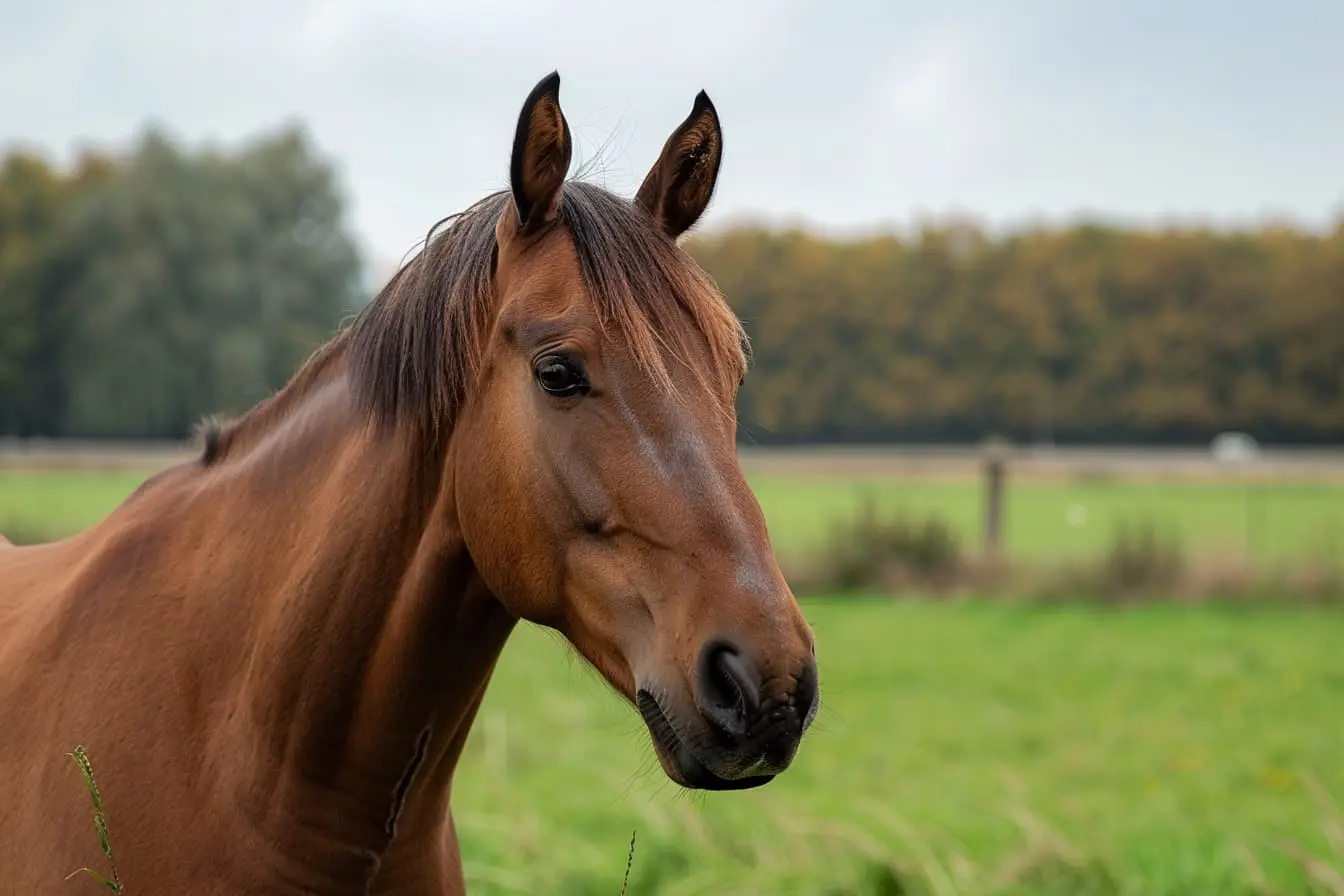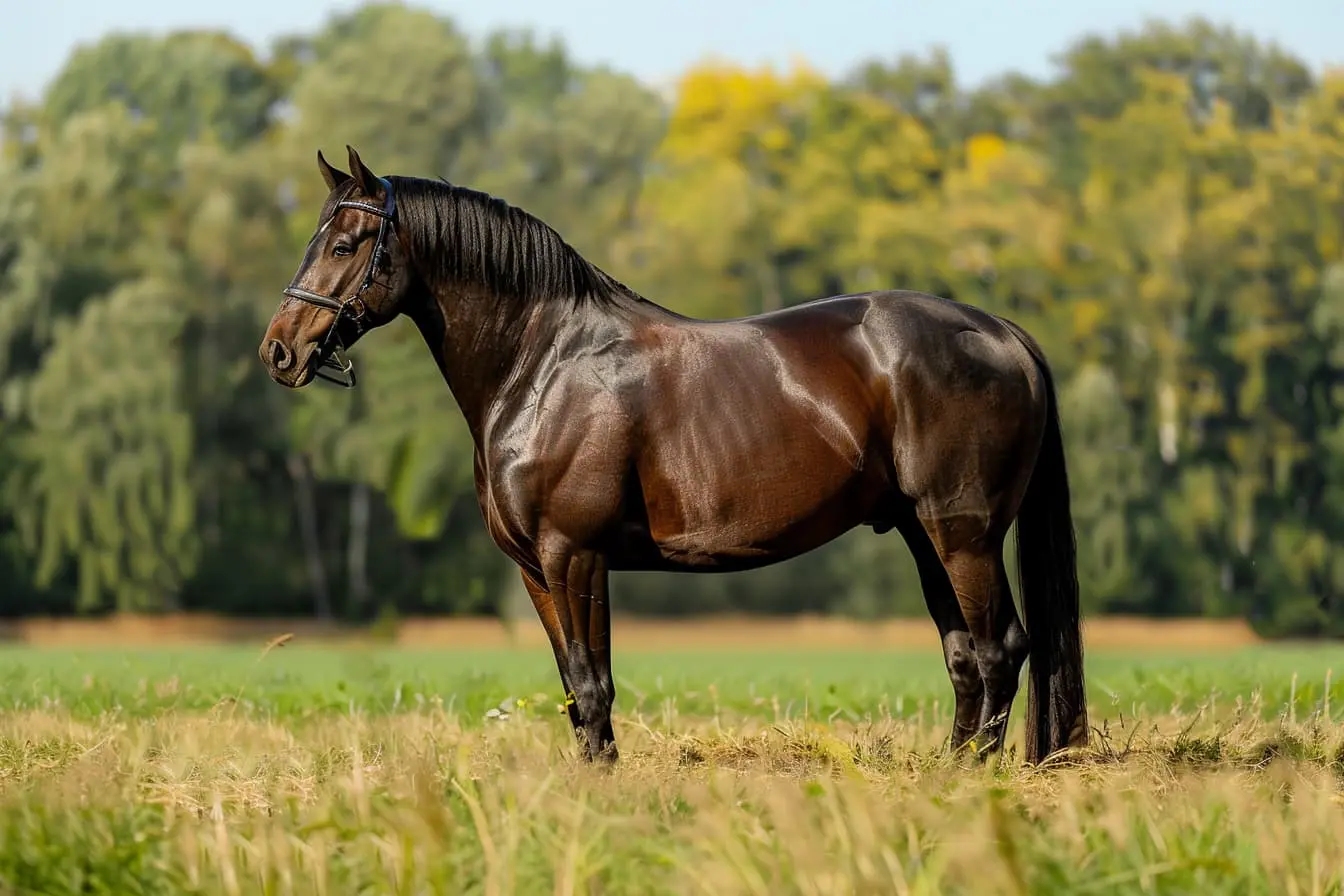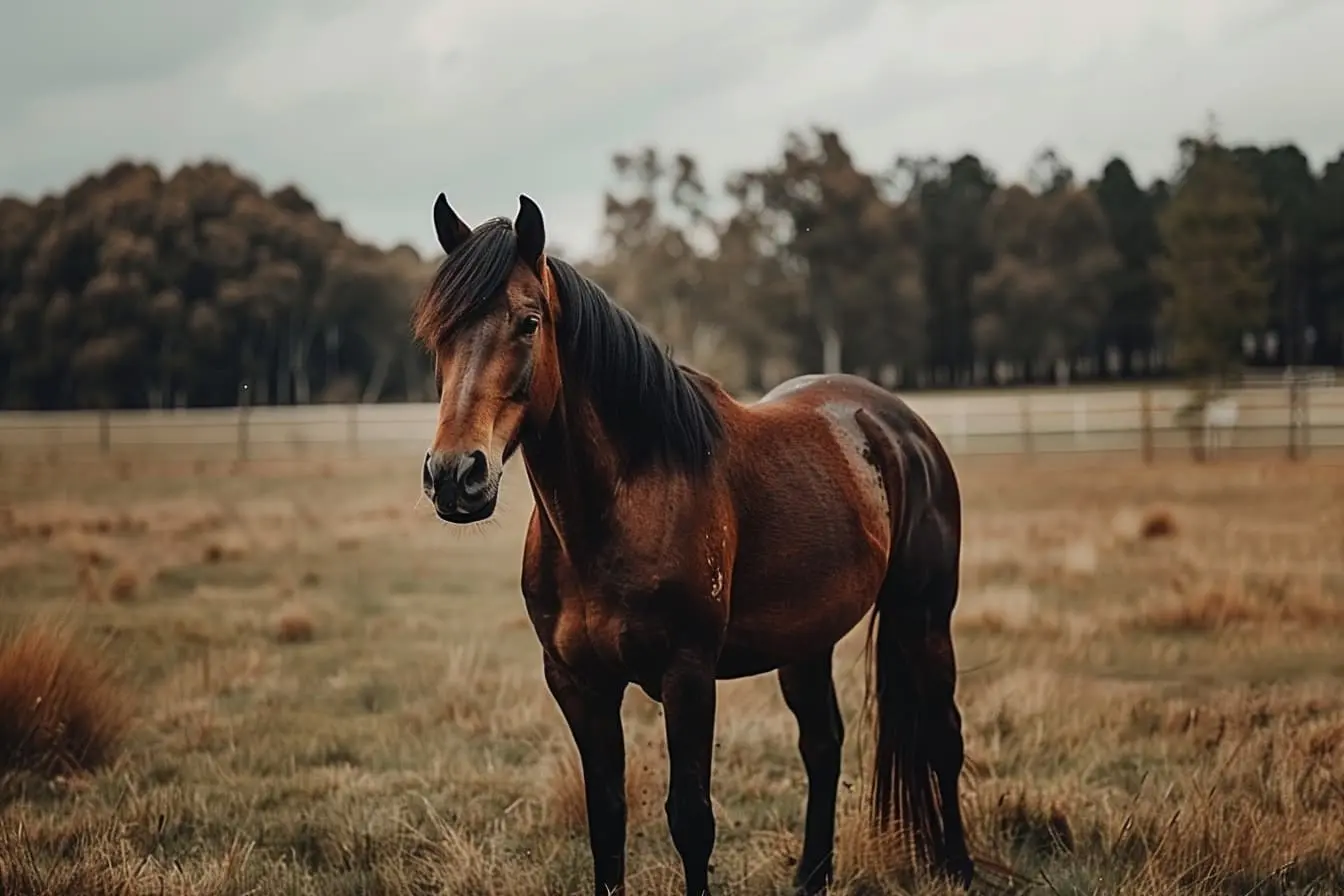
A Beginner's Guide to Exercising and Training Your Horse
Owning a horse is a dream come true for many. Beyond the joy and companionship horses offer, they require careful, consistent training and exercise to maintain their health, happiness, and performance. For new horse owners, understanding the fundamentals of exercising and training your horse is crucial. This guide aims to provide you with a solid foundation to develop a rewarding relationship with your equine friend.
Understanding Your Horse's Needs
Before diving into training routines, it's important to understand that every horse is unique. Their breed, age, health condition, and previous training (if any) significantly influence their exercise and training needs. For instance, a young thoroughbred will have different energy levels and learning capacities compared to an older Shetland pony. Therefore, tailoring your approach to fit your horse's specific needs is essential.
Establishing a Routine
Consistency is Key
Horses thrive on routine. Establishing a consistent daily schedule for feeding, grooming, training, and exercise helps your horse feel secure and understand what is expected of them. A consistent routine will make training sessions more productive and enjoyable for both you and your horse.
Exercise Essentials
Exercise is vital for your horse's physical and mental health. It should include a mix of cardiovascular training (such as trotting and cantering), strength training (like hill work), and flexibility exercises (such as lateral movements). Start with shorter, less intensive sessions, gradually increasing the duration and intensity as your horse builds stamina and strength.
Incorporating Variety
To keep your horse engaged and prevent boredom, incorporate a variety of exercises into your routine. This can include trail riding, jumping (if appropriate for their age and health), and groundwork exercises. Variety not only enhances your horse's overall fitness but also strengthens your bond.
Training Basics
Groundwork First
Groundwork lays the foundation for all future training. It involves teaching your horse basic commands and behaviours from the ground, such as leading, stopping, turning, and respecting personal space. Effective groundwork establishes your role as the leader and builds trust between you and your horse.
Positive Reinforcement
Positive reinforcement, such as treats, praise, and petting, is a powerful tool in horse training. Rewarding your horse for correct behaviour encourages them to repeat those actions. It's crucial to reward them immediately after the desired behaviour to ensure they make the connection between the action and the reward.
Patience and Persistence
Training a horse requires patience, persistence, and understanding. Progress may be slow at times, and setbacks are part of the learning process. It's important to remain calm and consistent, celebrating small victories along the way. Remember, building a trusting relationship with your horse is the foundation of successful training.
Safety First
Always prioritise safety for both you and your horse. Wear appropriate safety gear, such as a helmet and boots, and ensure your horse's tack fits correctly. Be mindful of your horse's mood and energy levels, adjusting your training and exercise plans accordingly.
Conclusion
Exercising and training your horse is a rewarding journey that strengthens your bond and enhances your horse's well-being. By understanding your horse's needs, establishing a consistent routine, incorporating variety, and focusing on positive reinforcement, you'll create a successful and enjoyable training experience. Remember, the key to a happy, healthy horse lies in patience, understanding, and mutual respect. Happy riding!
Vets near you
Speciality vets
- Aquatics vet specialists
- Birds vet specialists
- Camelids vet specialists
- Cats vet specialists
- Cattle vet specialists
- Deer vet specialists
- Dogs vet specialists
- Equines vet specialists
- Exotic vet specialists
- Goats vet specialists
- Pigs vet specialists
- Poultry vet specialists
- Sheep vet specialists
- Small Mammals vet specialists
- Wild vet specialists
Vet facilities
- Accessible by public transport
- Blood testing
- Car park nearby
- Client car park
- Dentistry
- Diagnostic imaging
- Disabled public access
- Flea and worm treatments
- Microchipping
- Mobile services
- Neutering
- Open at weekends
- Out-of-hours service
- Referral interests
- Referrals only
- Street parking outside
- Toilets available
- Vaccinations
